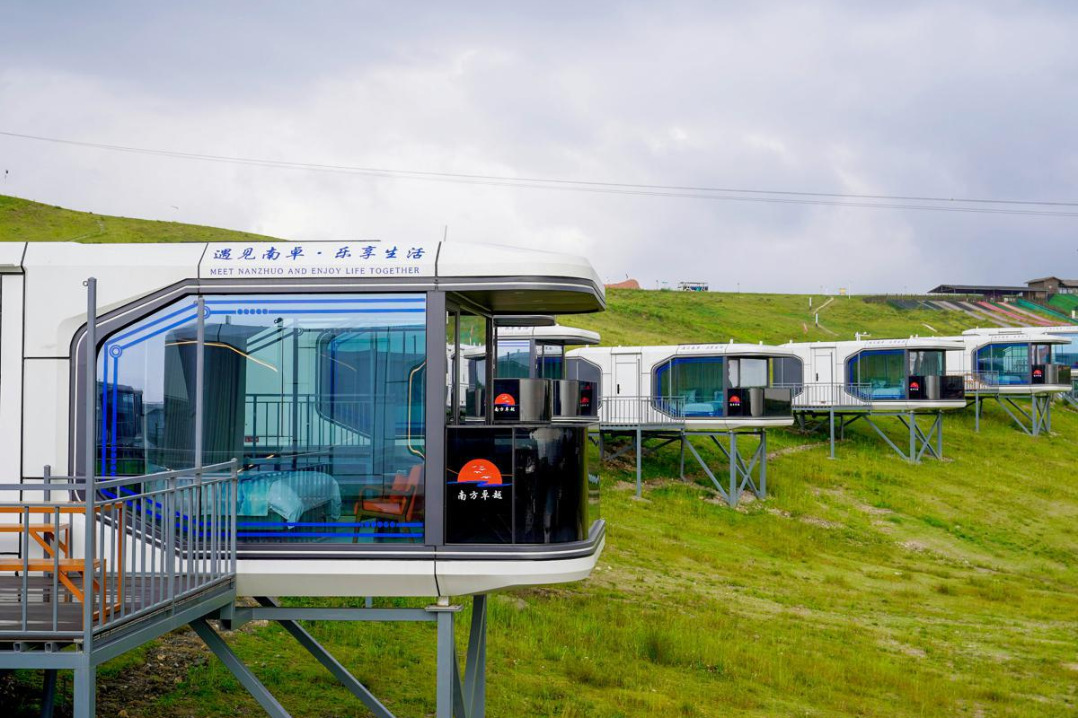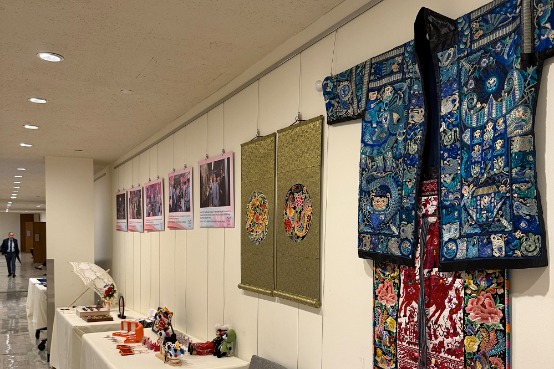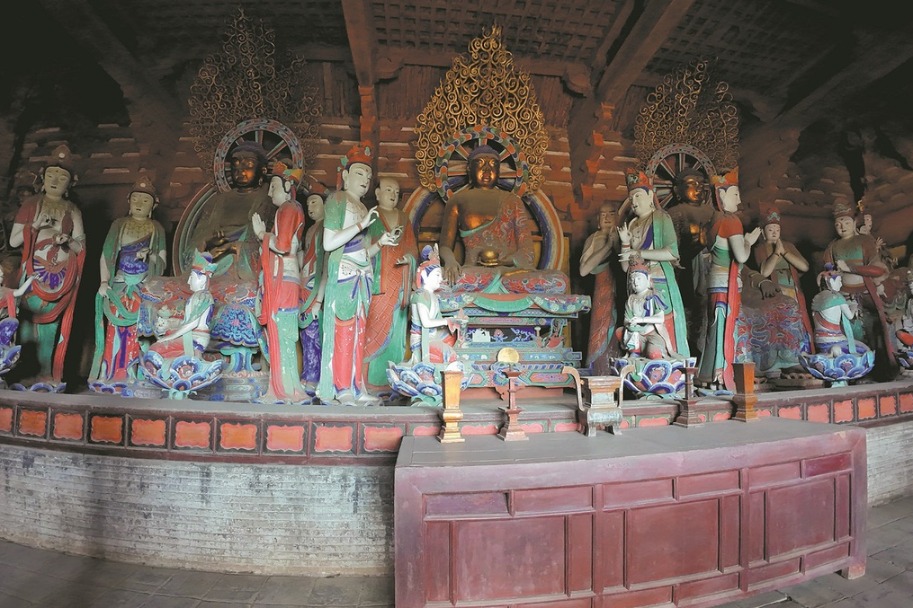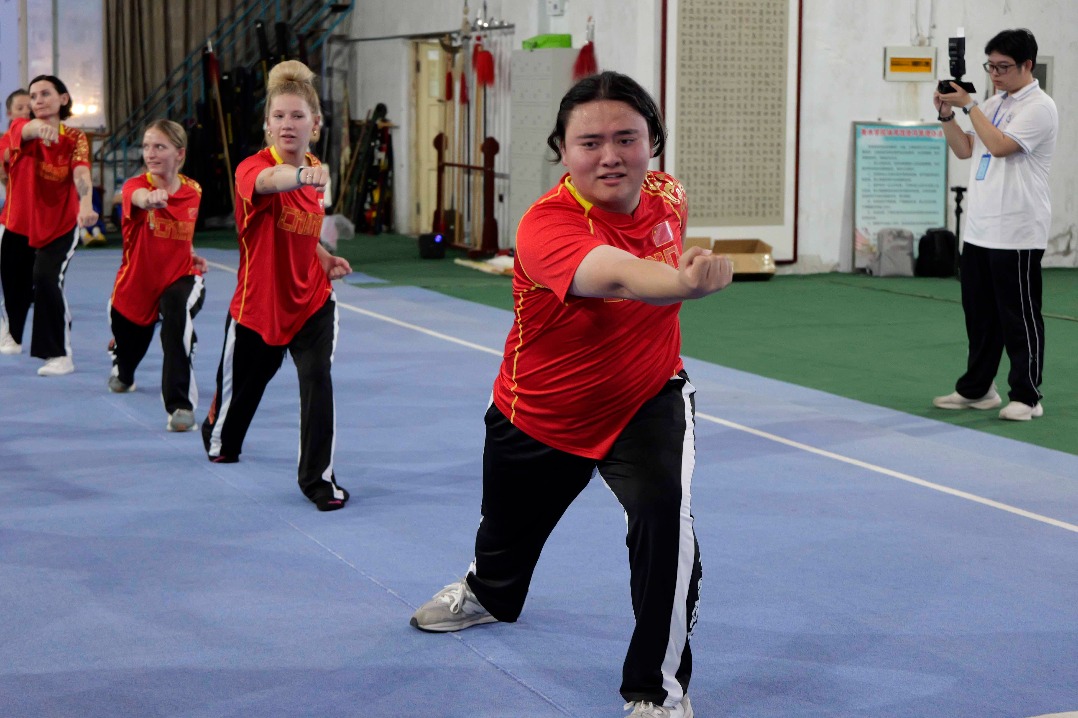Team aims for barrier-free environment


People with disabilities are assessing buildings, transportation hubs and other facilities to offer suggestions for changes that will provide them with greater accessibility. Li Hongyang reports.
Du Peng, who became a wheelchair user at age 20, used to fear the outside world.
In 2002, Du was diagnosed with a tumor on his spinal cord. When he left the hospital after surgery, his cousins and friends carried him to his third-floor home in Beijing, where he stayed for five years. He didn't go downstairs for even a single moment.
"People like me, with severe spinal cord conditions, not only lose the ability to walk, but also lose their bladder and bowel control. It would have been terrible if I couldn't find an accessible toilet as soon as I needed one. I might have wet my pants," the 40-year-old said.
"Also, my parents were in their 40s then, so I couldn't expect them to carry me downstairs."
He said another reason was that he didn't want his neighbors to see him in a wheelchair.
Later, friends told him that they hadn't contacted him because they felt there was nothing they could say that would comfort him or change his situation.
Du majored in computer studies at university, so he used his video-editing skills to earn a living, but the unstable earnings barely covered his daily expenses.
"I was always thinking about how I could ease the burden I imposed on my parents and society," he said.
- Xi's upcoming visit to advance China-Central Asia community with shared future
- China's J-10CE fighter jet showcased at Paris Air Show
- HKSAR to unveil second policy statement on digital assets
- Top political advisor stresses jointly guarding Taiwan Strait peace
- Meet Guardians of the 'Desert Oasis'
- PLA conducts patrol in South China Sea, on high alert for destabilizing activities





































